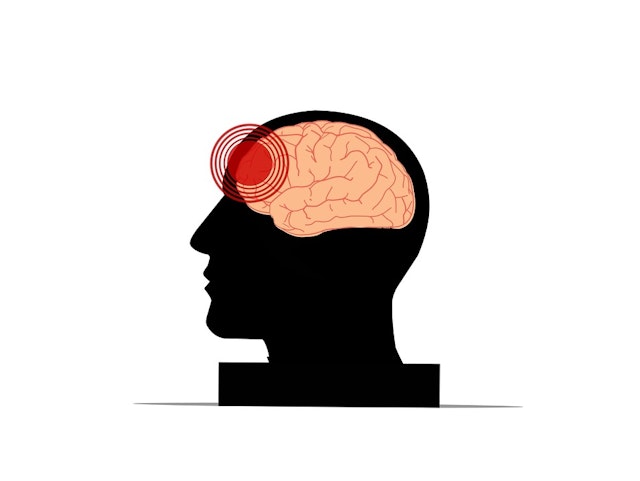
Vertigo
Vertigo makes you feel extremely unbalanced with frequent dizzy spells. It can be caused by a problem within the ear canal, the brain or the sensory nerve pathway. It’s a fairly common symptom that impacts individuals over the age of 65. It may be only temporary or long-term and can also occur during pregnancy. Vertigo is viewed as a symptom of various medical conditions. It can cause these additional symptoms:
Lightheadedness
Motion sickness
Experiencing fullness in the ear canal
Nausea and vomiting
Tinnitus, also known as ringing in the ear
Some of the most common causes of the Vertigo symptom include:
BPPV: Benign Paroxysmal Positional Vertigo is when the calcium particles in the ear canal clump inside. The inside of the ear sends signals to the brain regarding head and body movements based on gravity to keep you balanced. If the inner ear becomes blocked, Vertigo can ensue.
Meniere’s Disease: This condition affects the inner ear and can be caused by fluid buildup and altering pressure in the ear. This can cause Vertigo.
Labyrinthitis: Another inner ear issue, this is often caused by an infection, usually viral. The infection causes swelling in the inside of the ear near the nerves, which are an essential factor in the sense of balance.
Vertigo treatment varies based on the condition that is causing it. In most scenarios, Vertigo can subside on its own, however, this is not always the case. Some nausea and motion sickness medications can relieve those symptoms of Vertigo.
Notice: The above information is an educational aid only. Always consult your healthcare provider to ensure the information displayed on this page applies to your personal circumstances.
Prescripton Vertigo Medications
- Aveeno Daily Moist
- Aveeno Skin Relief Moisturizing Fragrance Free
- Betaserc
- Gravol
- Gravol Injection
- Gravol Liquid Gel
- Phenergan
- Serc
- Sominex
- Zofran
- Betahistine
- Metoclopramide
- Metonia
- Ondansetron
- Reglan
Your Cart


Your Cart

